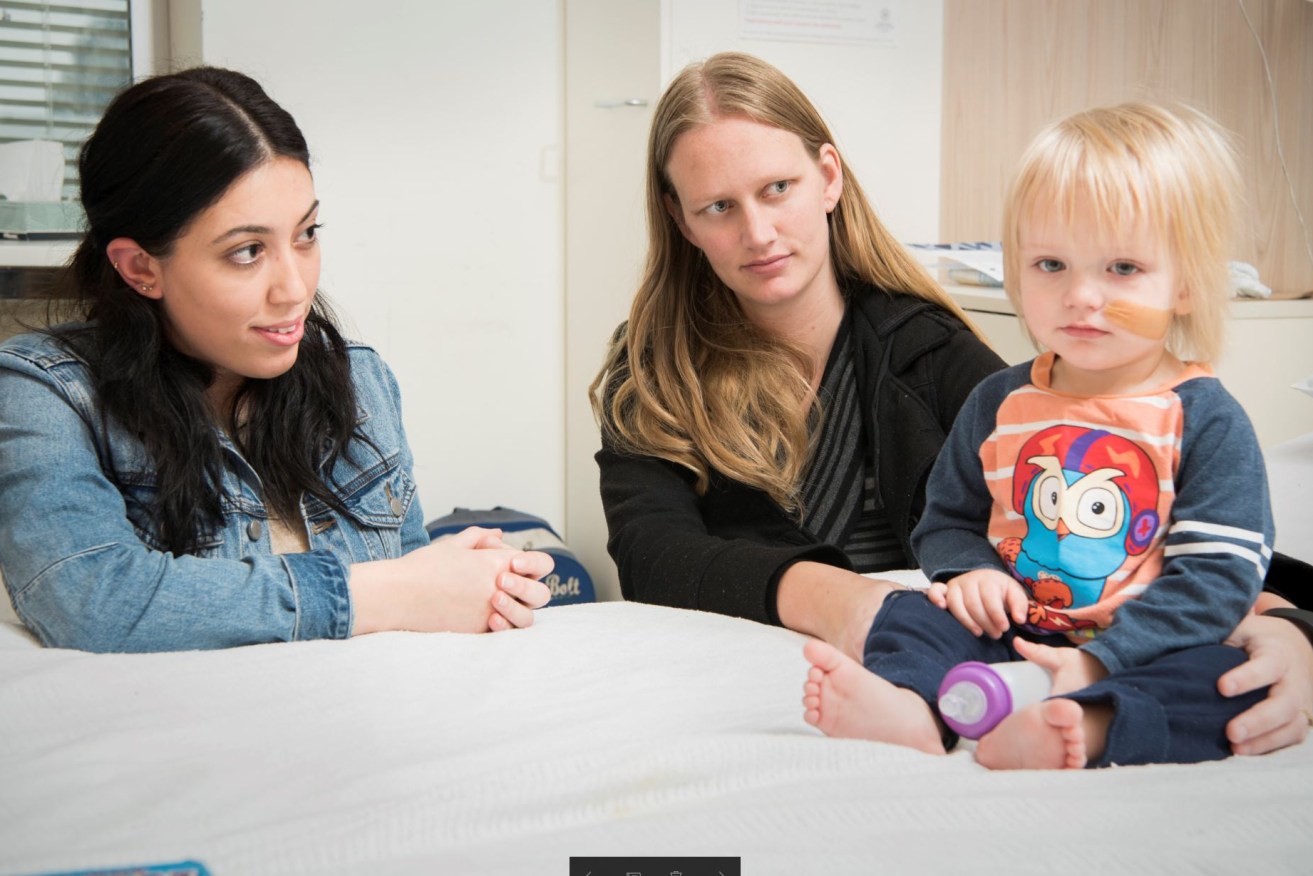Research aims to stop childhood chest infections leading to asthma
A leading cause of infant hospitalisation from respiratory problems is being examined in a world-leading study at Flinders University.

Researchers at the University are looking to unlock the key to ‘switch off’ the immune mechanism that is triggered during a bout of bronchiolitis, a common chest infection in babies caused by a respiratory virus.
As well as there being no effective treatment or therapy, at least half of all infants hospitalised with acute bronchiolitis go on to develop recurring asthma symptoms after the virus.
Researchers at Flinders have been studying bronchiolitis for more than 15 years and are now starting to make steady steps towards identifying the inflammatory markers in bronchiolitis – which they hope in turn will lead to new insights into suitable treatments and therapies.
“It’s amazing that here we have this most common of childhood illnesses – which not only can make babies very ill indeed, but also has long-term health implications in terms of asthma – and yet we still know very little about it,” says Professor Kevin Forsyth, Dean of Flinders’ College of Medicine and Public Health and Professor of Paediatrics at Flinders Medical Centre (FMC).
“And yet every winter, and often into spring and autumn, our paediatric wards are full of little patients with bronchiolitis with the only treatments available to them being high-flow oxygen,”
On average, each child admitted to FMC with bronchiolitis will stay for five days and will be very unwell during that time, Professor Forsyth says.
Lead researchers Professor Forsyth and co-investigators Associate Professor Dani Dixon and Elena Cavallaro aim to develop therapies for acute presentations of bronchiolitis; and to discover how to ‘switch off’ the inflammatory markers of bronchiolitis when an infant presents in a hospital emergency department.
“What we already know is that when a child presents with bronchiolitis, there will be airway swelling and inflammation.
“What we are doing in this latest body of our research – which we think is the first time it’s been done in the world – is to take nasal airway samples when an infant first presents at hospital, and then re-sample on a daily basis, to see if we can detect changes in the inflammatory markers,” Professor Forsyth says.
The research team is specifically checking for an inflammatory marker called interleukin (IL)-8, which has the capacity to set off higher levels of cytokine – a cell-signalling molecule – which appears to drive more severe forms of bronchiolitis.
“The tantalising question is if we can better manage that first presentation with bronchiolitis by switching off the inflammatory markers in the airways, might we have an impact on a subsequent asthma diagnosis?” Professor Forsyth says.





